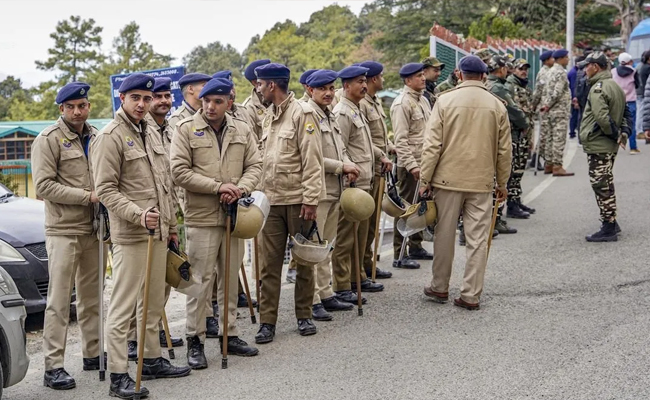Bengaluru: In a significant step towards securing the rights of gig workers, the Karnataka government has constituted a multi-stakeholder working group to determine the quantum of fee to be levied towards securing the welfare of gig workers.
The working group comprises representatives from trade unions, legal experts, officials from the Department of Labour, and representatives of major e-Commerce companies, as reported by Deccan Herald on Wednesday.
The Karnataka Platform-based Gig Workers (Social Security and Welfare) Ordinance proposes levying a 1-5% charge per transaction as welfare fee for the workers. However, it does not stipulate an exact percentage of the welfare fee to be charged for the various kinds of private players operating in this domain such as Swiggy, Zomato, Ola, among others.
The working group will also frame the rules for utilisation of the welfare fund, including guidelines for social security schemes and defining eligibility criteria for gig workers to access these benefits. The development comes amid growing calls for stronger protection mechanisms for gig workers, including by Leader of Opposition in the Lok Sabha, Rahul Gandhi, who has long advocated for such a welfare initiative. The Congress party had included this proposal in its manifesto for the 2023 Karnataka Assembly elections.
The state government has already published the draft rules for the ordinance, DH reported. One of the key provisions mandates aggregators to establish internal dispute resolution committees. These bodies will allow terminated gig workers to appeal against their removal within seven days, and require companies to resolve such appeals within 15 days.
In addition, the draft rules call for the creation of a welfare board, comprising gig workers, industry representatives, and government officials. The board will be empowered to set and enforce standards for occupational safety and health in the sector.
To complement the regulatory framework, the government has also formed a second, 13-member group tasked with developing the necessary IT infrastructure. This team will oversee the registration of both gig workers and aggregators, and will implement measures for grievance redressal.
Let the Truth be known. If you read VB and like VB, please be a VB Supporter and Help us deliver the Truth to one and all.
Ranchi (PTI): The body of a migrant worker from Jharkhand’s Giridih district killed in Saudi Arabia in October last year has arrived at Ranchi Airport, but his family refused to accept it over pending compensation, officials said.
Shikha Lakra, team leader of the state migrant control cell, told PTI that, before taking the body of Vijay Kumar Mahato, the family is demanding compensation from the private company where he used to work in the Arab country.
Mahato was killed in an alleged crossfire between the police and criminals.
“Since it was a bullet injury case, the matter is before a court in Jeddah. The final compensation may depend on the court’s decision,” Lakra said.
“The Indian Embassy informed us about the body’s arrival, and coordination was done with district authorities. Our role is limited to coordination in cases involving overseas employers and foreign jurisdiction,” she added.
Giridih Deputy Commissioner Ram Niwas Yadav said the authorities will try to convince the family to perform the last rites.
“We have already sanctioned Rs 5 lakh under the government scheme for migrant’s deaths abroad. The compensation payment might take some time,” he said.
The body is currently at the mortuary of Rajendra Institute of Medical Sciences (RIMS) in Ranchi.
The Family members said they will only accept it if the company provides written assurance regarding compensation. “Without that assurance, we will not receive the body,” said Ram Prasad Mahato, the deceased’s brother-in-law.
Mahato, a native of Dudhpaniya village in Madh Gopali panchayat under Dumri block, was employed as a tower line fitter. His family said he was struck by a bullet during a gunfight between local police and an extortion gang and later succumbed to his injuries.
Social activist Sikander Ali said Mahato is survived by his wife, two young sons aged five and three, and elderly parents.





